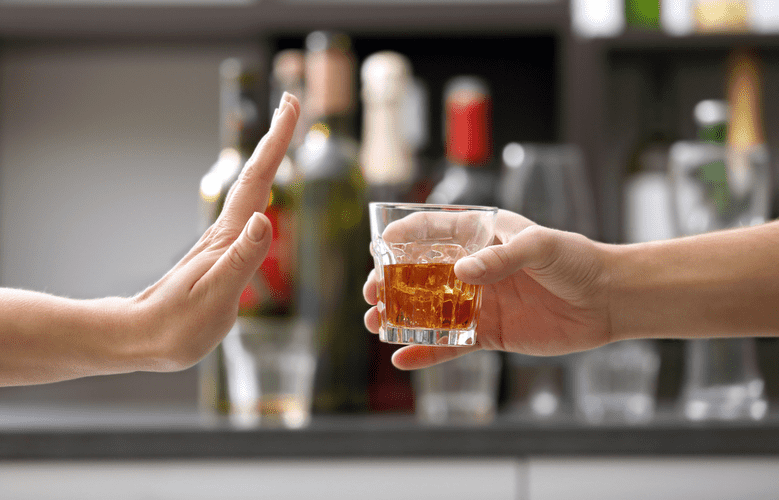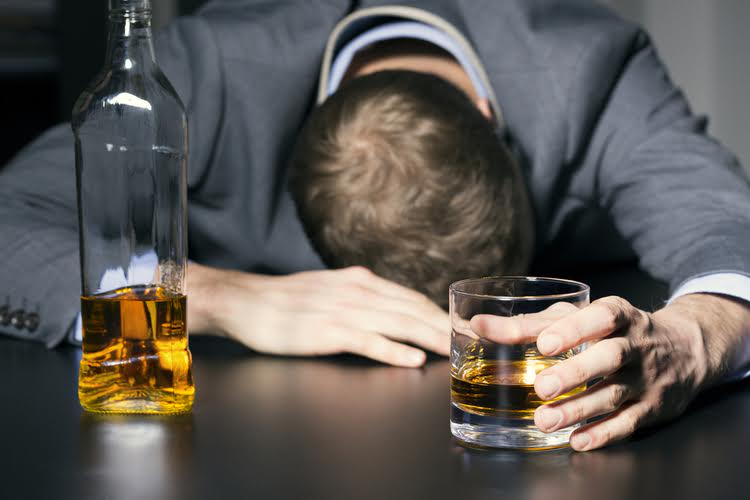You may think you fall asleep and stay asleep longer after consuming alcohol, but the type of sleep you get does more harm than good. Instead, it is shorter, disrupts body temperature, and prevents hormone and cortisol release. These are drug addiction some of the reasons you feel more fatigued when you wake up after a night of drinking alcohol. If you want to minimize the length of your hangover or avoid severe hangover symptoms, stick to moderate drinking.
How Long Do Hangovers vs. Withdrawal Last?
The Food and Drug Administration (FDA) warned companies against claiming their supplements cure or prevent hangovers — without FDA approval, it’s illegal to do so. The only surefire way to avoid a hangover is to drink in moderation or not at all. If you do end up with a hangover, there are other, safer steps you can take to help your body recover. It enhances the effects of GABA, the main inhibitory neurotransmitter, causing sedation. At the same time, it inhibits glutamate, the main excitatory neurotransmitter, which affects memory formation and learning.
- Over half of the adults in the United States have consumed an alcoholic beverage in the past month.
- Generally speaking, your body can process about one alcoholic drink per hour.
Does Alcohol Show Up on a Drug Test?

Bradley Sleep and Chronobiology Laboratory, drinking up to three alcoholic drinks can make you fall asleep fast, but it ultimately leads to more sleep disruption throughout the night. It simply raises your blood alcohol level again, delaying the inevitable onset of withdrawal-like symptoms that constitute a hangover. This can easily lead to a vicious cycle and, in some cases, dependence. A hangover’s length is influenced by factors like alcohol intake, hydration, and body type, with most resolving in 8 to 24 hours. The peak of symptoms occurs as blood alcohol concentration returns to zero. Management focuses on rest and hydration, while a true cure does not exist.
When to Seek Medical Attention
In addition, decreasing the number of drinks decreases the severity of the hangover if one is experienced. In addition, symptom management can help alleviate the specific symptoms of a hangover. For example, if one is experiencing light sensitivity, then it may be helpful to wear sunglasses or stay away from lights. If one is experiencing dizziness, then it may be helpful to drink water and lay down or sit still for some time. Hangovers resolve by themselves, usually by 24 hours after onset, however, drinking water and getting sleep can lessen some (but not all) of the symptoms of a hangover.
- While there is no cure for a hangover other than time, it may be possible to reduce the severity of some symptoms.
- Several factors contribute to the cause of a hangover, but the catalyst for severe hangover symptoms is poor timing.
“As we get older, our cells age, and we might not be able to process toxins as we did when we were younger,” he says. So while three drinks was fine back in the dorms sophomore year, that amount may feel like double that 10 years later. “Alcohol has a diuretic effect—heavy drinking may maximize that,” says Vincent Pedre, MD, author of Happy Gut.
Our mental health services

Even if alcohol initially makes you feel drowsy, it disrupts the quality of your sleep. It reduces the time you spend in REM sleep, the most restorative phase, leading to fatigue and cognitive disruptions when you wake up. Hangover symptoms peak when the blood alcohol concentration in the body returns to about zero.
The Hangover-Free Guide to Healthy Drinking: Tips, Tricks, and Surprises!
Cocaine comedown is the first stage of withdrawal after binging on cocaine. People tend to binge on cocaine at parties or other social events, since the drug leaves the user with a sense of increased confidence and extra energy. When someone binges on cocaine, the brain’s dopamine levels spike tremendously and then wear off, leading to a crash. This comedown can last anywhere between a few how long can hangovers last hours and three days.

More alcohol just increases the toxicity of the alcohol already in your body. Not drinking alcohol is the only surefire way to prevent a monster hangover in the future. If you’re not feeling any better after 24 hours, it’s best to check in with your healthcare provider. Mild dehydration can https://ecosoberhouse.com/ give you a headache, dry mouth, and make you feel dizzy and tired — all common symptoms of a hangover.